Why Climate-Controlled Storage Matters for Your Business
For business owners, protecting inventory is more than just finding space—it’s about preserving value. Climate-controlled storage offers the perfect solution for businesses looking to safeguard their investments while maintaining optimal inventory conditions. This comprehensive guide will help you understand how to leverage climate-controlled storage for maximum business benefit.
Understanding Climate Control Basics
Climate-controlled storage units maintain consistent temperature and humidity levels throughout the year. This consistency is crucial for:
- Preventing moisture damage
- Protecting against extreme temperature fluctuations
- Maintaining product quality
- Extending shelf life of sensitive items
Types of Businesses That Benefit Most
While many businesses can benefit from climate-controlled storage, certain industries find it especially valuable:
- Retail businesses with seasonal inventory
- E-commerce companies storing electronics
- Medical supply companies
- Fashion retailers with delicate fabrics
- Paper goods suppliers
Choosing the Right Climate-Controlled Unit
When selecting a climate-controlled unit for your business, consider these key factors:
Size Requirements
Calculate your space needs based on:
- Current inventory volume
- Seasonal fluctuations
- Growth projections
- Access needs for equipment
Temperature Specifications
Different products require different temperature ranges:
- Electronics: 50-80°F
- Clothing and textiles: 55-75°F
- Paper products: 60-75°F
- Medical supplies: As specified by manufacturers
Maximizing Your Climate-Controlled Space
Optimize your climate-controlled storage unit with these professional tips:
Organization Strategies
- Create clear aisles for access
- Use sturdy shelving systems
- Label everything clearly
- Maintain inventory maps
- Rotate stock regularly
Monitoring Systems
Invest in:
- Temperature monitors
- Humidity gauges
- Inventory tracking systems
- Security cameras
Cost-Benefit Analysis
While climate-controlled storage costs more than standard units, consider these benefits:
- Reduced product damage and waste
- Extended product life
- Improved inventory quality
- Better customer satisfaction
- Lower replacement costs
Security and Insurance Considerations
Protect your stored inventory with:
- Comprehensive insurance coverage
- Regular security checks
- Access control systems
- Emergency response plans
Special Considerations for Seasonal Businesses
If your business follows seasonal patterns:
- Plan space needs around peak seasons
- Create efficient rotation systems
- Maintain detailed inventory records
- Schedule regular maintenance checks
Making the Most of Your Investment
To maximize the return on your climate-controlled storage investment:
- Regular maintenance checks
- Professional cleaning schedules
- Updated inventory systems
- Staff training on proper use
Conclusion
Climate-controlled storage is an investment in your business’s future. By understanding and implementing these guidelines, you can protect your inventory while maintaining its quality and value. Remember, proper storage isn’t just about space—it’s about creating the perfect environment for your business to thrive.



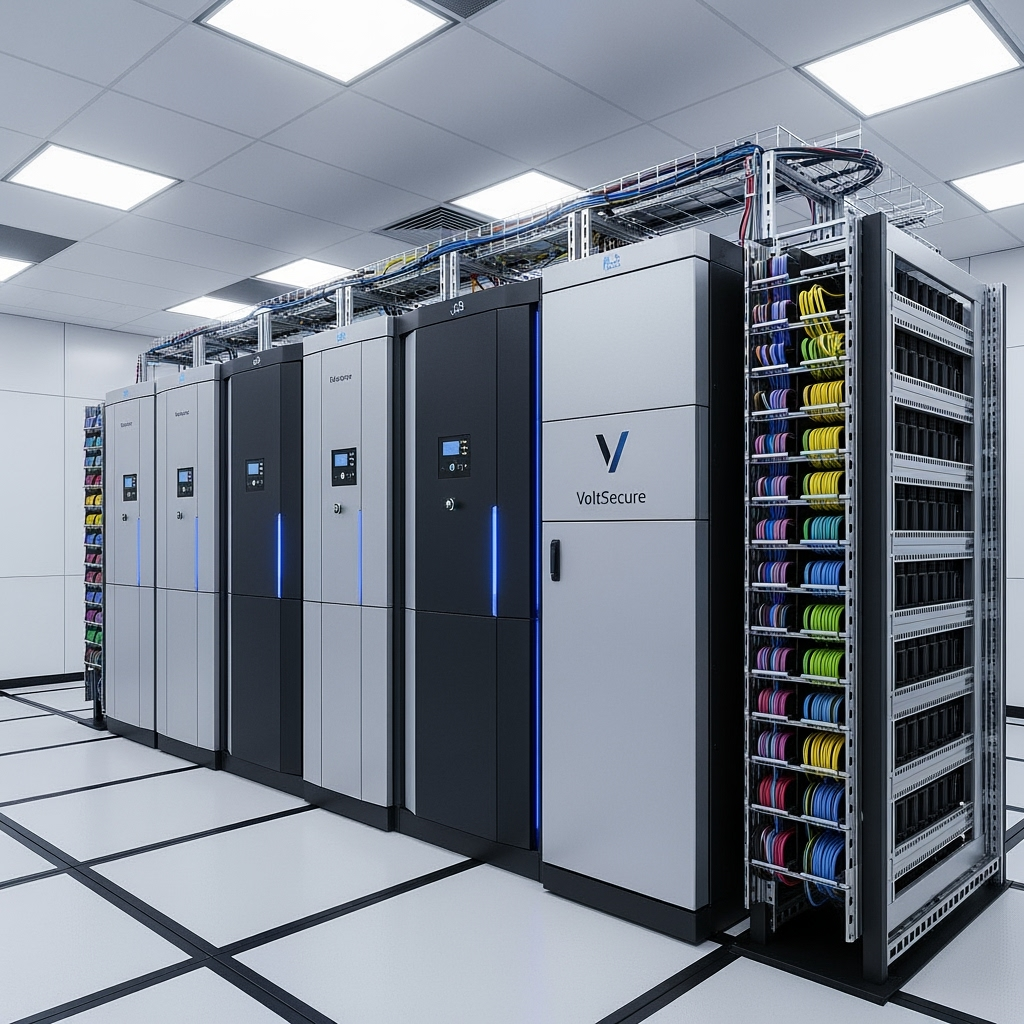
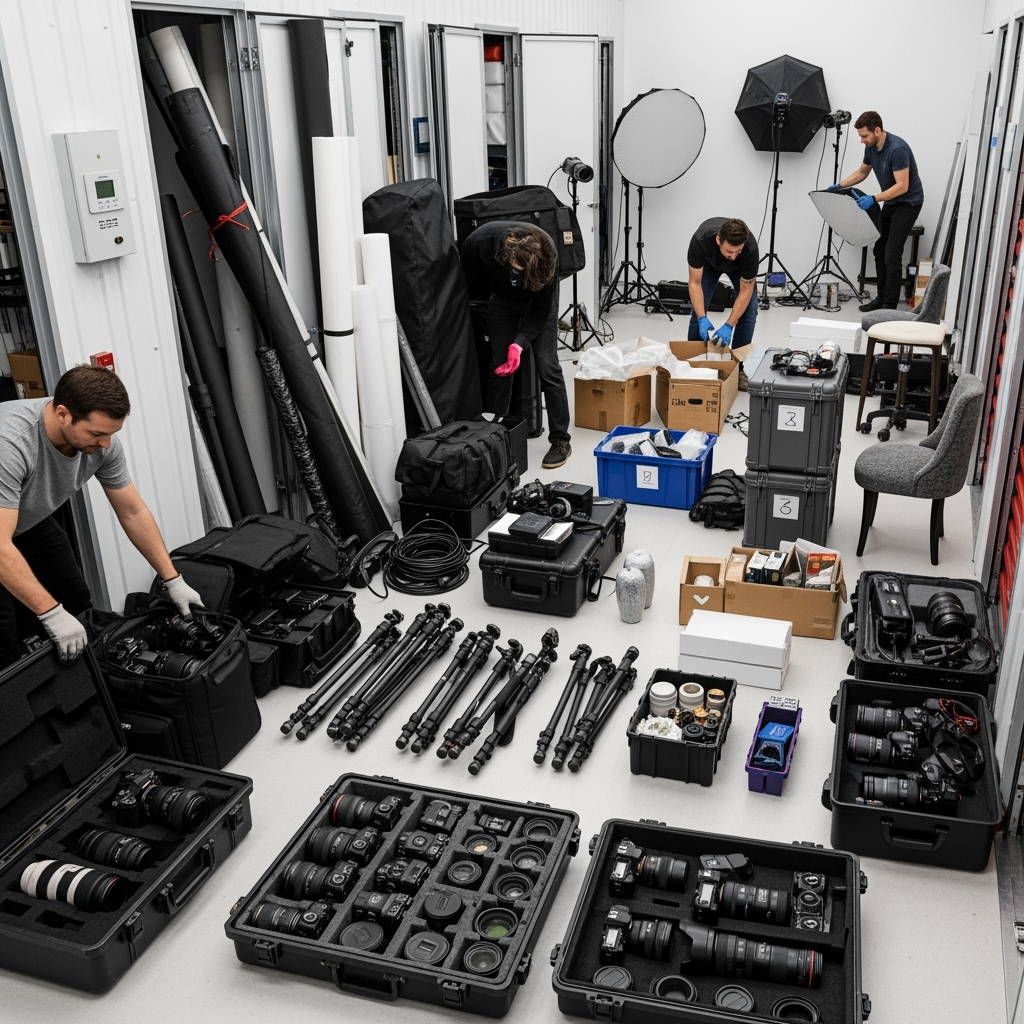
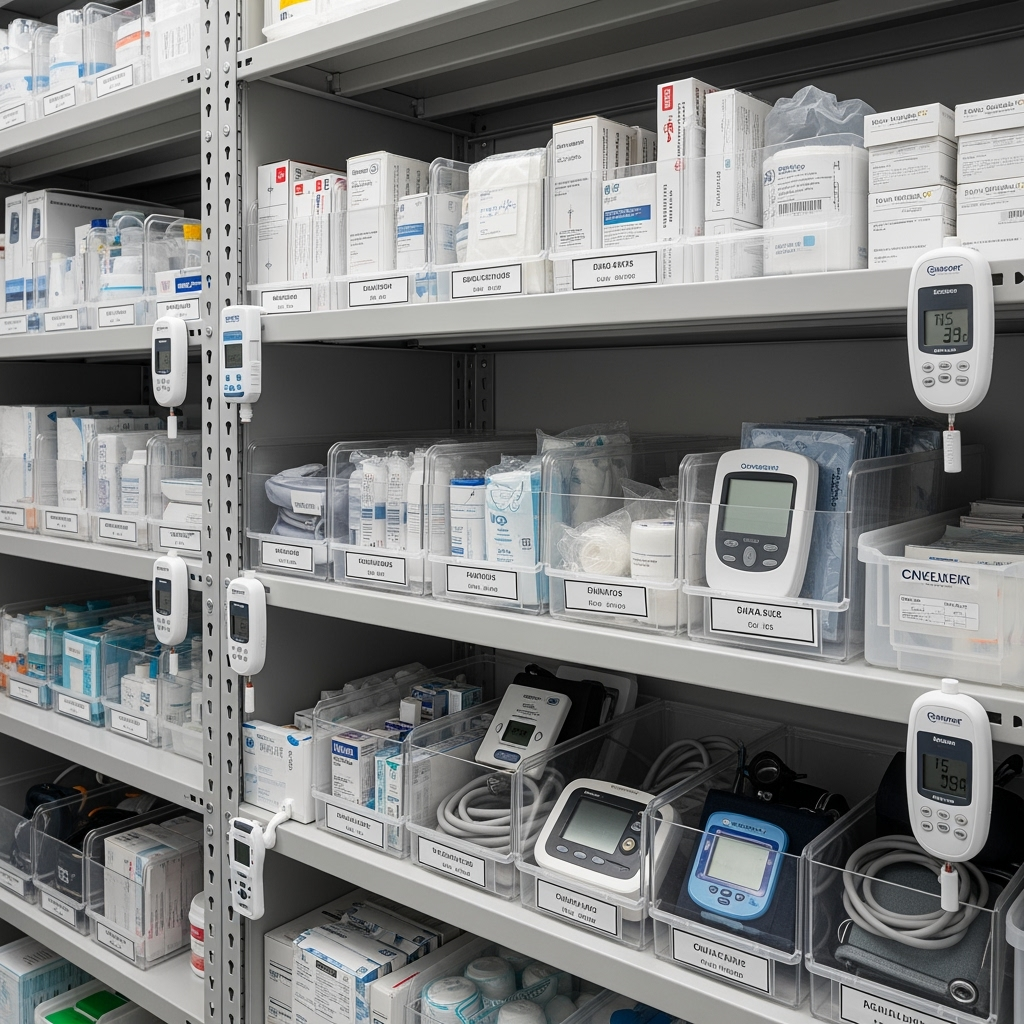
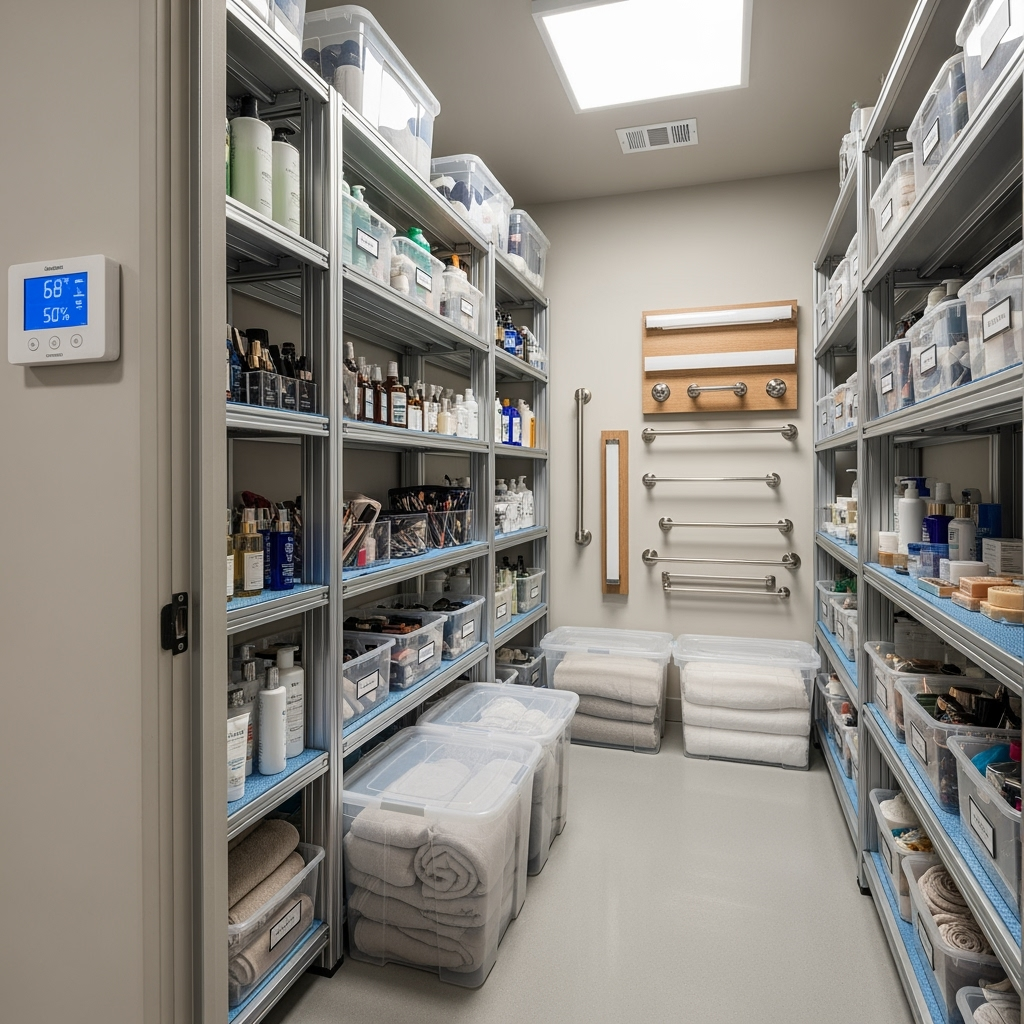
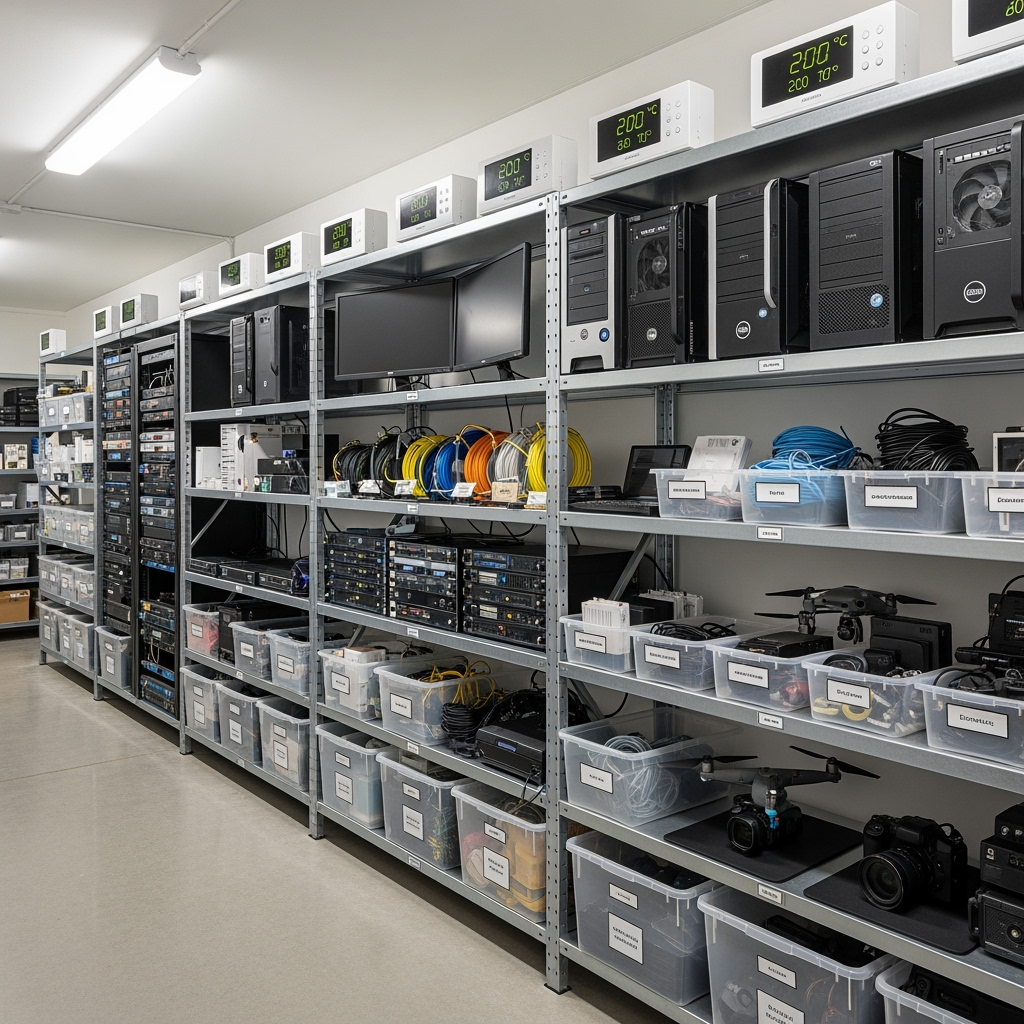

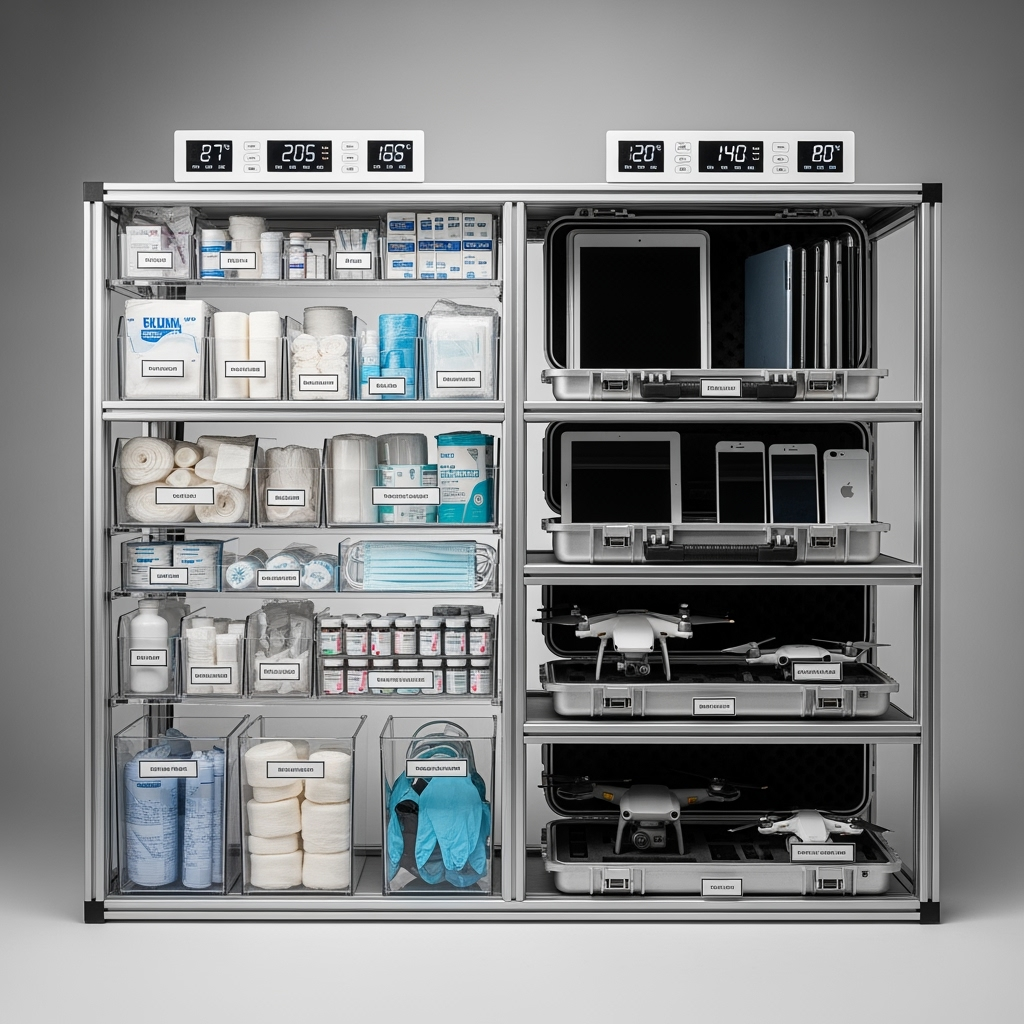
Leave a Reply